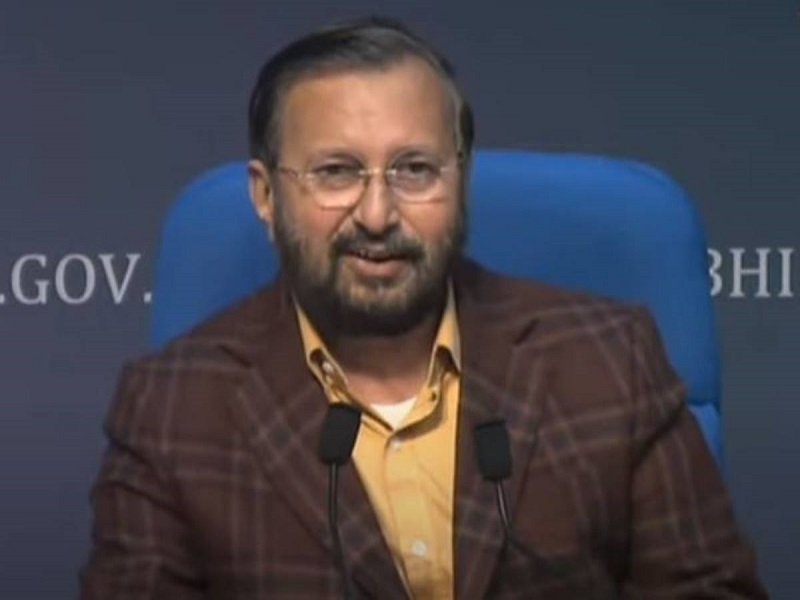The Union Cabinet has approved a modified scheme to enhance Ethanol capacity in the country by encouraging distilleries to produce Ethanol from maize and rice available with Food Corporation of India (FCI) and has also fixed the remunerative price of Ethanol from maize and rice.

The Union Cabinet has approved a modified scheme to enhance Ethanol capacity in the country by encouraging distilleries to produce Ethanol from maize and rice available with Food Corporation of India (FCI) and has also fixed the remunerative price of Ethanol from maize and rice.
The Government is also planning to prepone the achievement of a 20% blending target by year 2025 and onwards however the existing Ethanol distillation capacity in the country is not sufficient to divert surplus stocks of sugar and to produce Ethanol to supply to Oil Marketing Companies (OMCs) for blending with petrol as per the blending targets fixed by Government of India.
The blending targets cannot be achieved only by diverting sugarcane/sugar to Ethanol; & 1st Generation (1G) Ethanol is required to be produced from other feed stocks like grains, sugar beet etc. for which the present distillation capacity is also not sufficient. Therefore, it is an imperative need to enhance Ethanol distillation capacity in the country for producing 1st Generation (1G) ethanol from feed stocks such as cereals (rice, wheat, barley, corn and sorghum), sugarcane, sugar beet etc.
Modified scheme for extending interest subvention to augment Ethanol production capacity for following categories:
Setting up grain based distilleries/expansion of existing grain based distilleries to produce ethanol however, benefits of interest subvention scheme to be extended to only those stand alone distilleries which are using a dry milling process.
Setting up new molasses based distilleries/expansion of existing distilleries (whether attached to sugar mills or standalone distilleries) to produce ethanol and for installing any method approved by the Central Pollution Control Board for achieving Zero Liquid Discharge (ZLD).
To set up new dual feed distilleries or to expand existing capacities of dual feed distilleries.
To convert existing molasses based distilleries (whether attached to sugar mills or standalone distilleries) to dual feed (molasses and grain/ or any other feed stock producing 1G Ethanol); and also to convert grain based distilleries to dual feed.
To set up new distilleries/expansion of existing distilleries to produce ethanol from other feed stocks producing 1G ethanol such as sugar beet, sweet sorghum, cereals etc.
To install Molecular Sieve Dehydration (MSDH) column to convert rectified spirit to ethanol in the existing distilleries.
Government would bear interest subvention for five years including a one year moratorium against the loan availed by project proponents from banks @ 6% per annum or 50% of the rate of interest charged by banks whichever is lower.
Interest subvention would be available to only those distilleries which will supply at least 75% of ethanol produced from the added distillation capacity to OMCs for blending with petrol.
Proposed intervention would enhance production of 1G Ethanol from various feedstocks thereby, facilitate in achieving blending targets of Ethanol with petrol and would promote Ethanol as a fuel which is indigenous, non-polluting and virtually inexhaustible and would improve the environment and the ecosystem and result in savings on Oil Import Bill. It will also ensure timely payment of dues to farmers.
The Government has fixed a target of 10% blending of ethanol into motor fuel by 2022 and 20% by 2030. Till year 2014, ethanol distillation capacity of molasses based distilleries was less than 200 crore litres. However, in the past 6 years, the capacity of molasses based distilleries have been more than doubled and are currently at 426 crore litres. With a view to achieve blending targets, Govt. is making concerted efforts to further double the ethanol distillation capacities in the country by 2024.
It is expected that in the current ethanol supply year 2020-21, about 325 crore litres ethanol is likely to be supplied to OMCs to achieve 8.5% blending levels. It is likely that we will be achieving a 10% blending target by 2022.
Subscribe to our newsletter & stay updated.